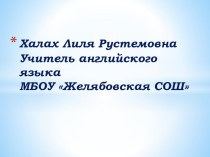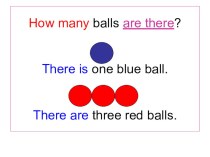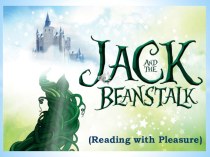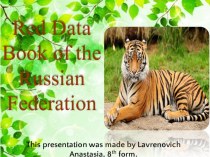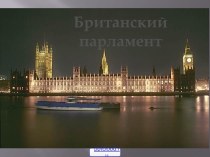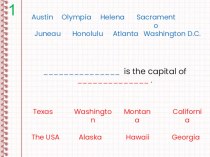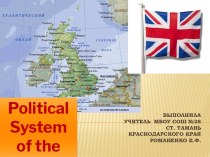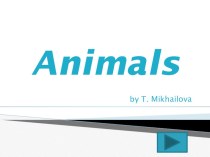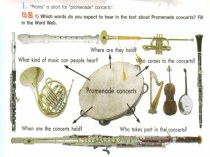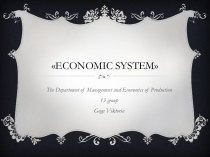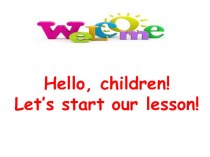- Главная
- Разное
- Бизнес и предпринимательство
- Образование
- Развлечения
- Государство
- Спорт
- Графика
- Культурология
- Еда и кулинария
- Лингвистика
- Религиоведение
- Черчение
- Физкультура
- ИЗО
- Психология
- Социология
- Английский язык
- Астрономия
- Алгебра
- Биология
- География
- Геометрия
- Детские презентации
- Информатика
- История
- Литература
- Маркетинг
- Математика
- Медицина
- Менеджмент
- Музыка
- МХК
- Немецкий язык
- ОБЖ
- Обществознание
- Окружающий мир
- Педагогика
- Русский язык
- Технология
- Физика
- Философия
- Химия
- Шаблоны, картинки для презентаций
- Экология
- Экономика
- Юриспруденция
Что такое findslide.org?
FindSlide.org - это сайт презентаций, докладов, шаблонов в формате PowerPoint.
Обратная связь
Email: Нажмите что бы посмотреть
Презентация на тему The Language of the British Isles
Содержание
Celtic and Germanic
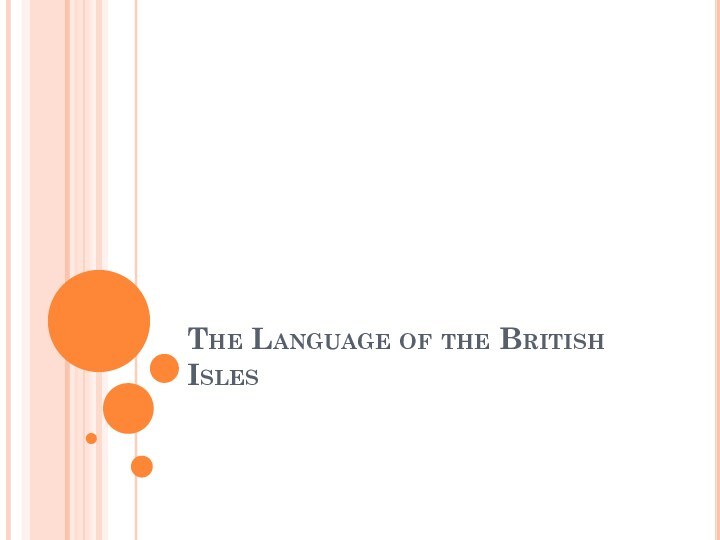
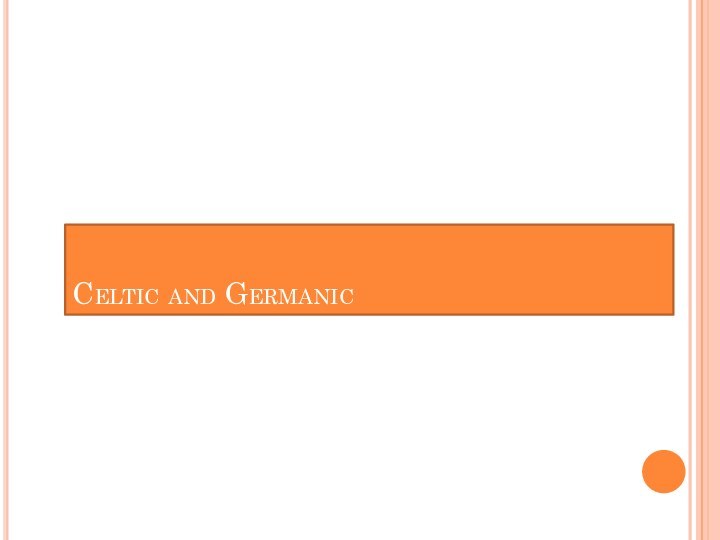
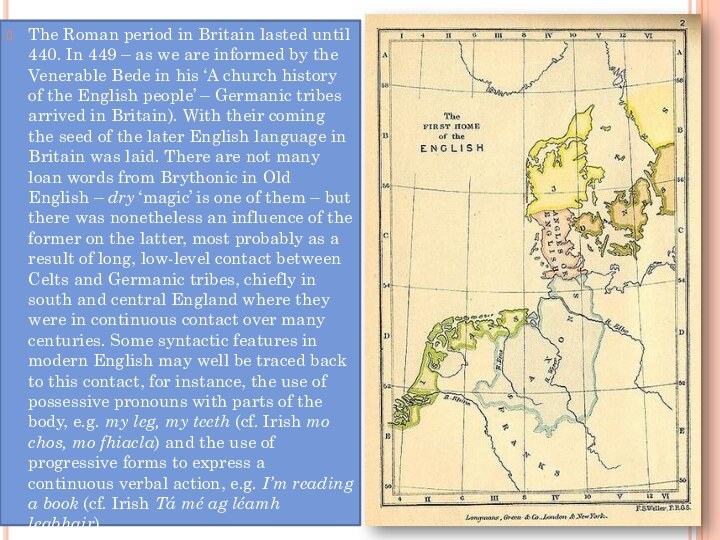
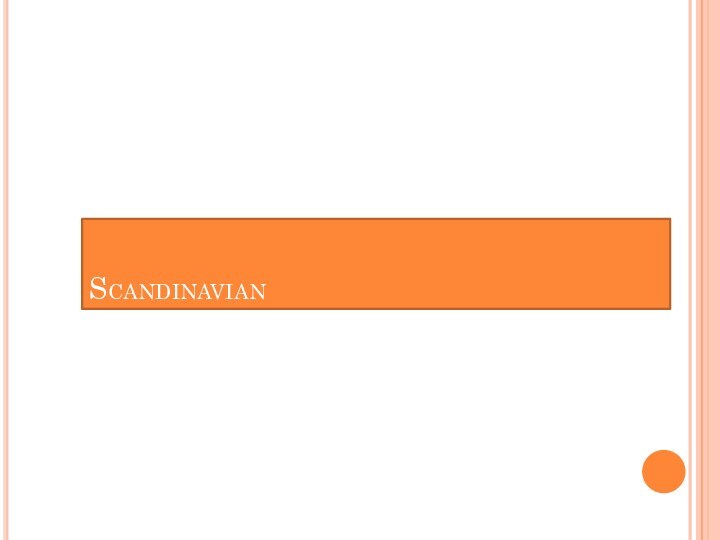
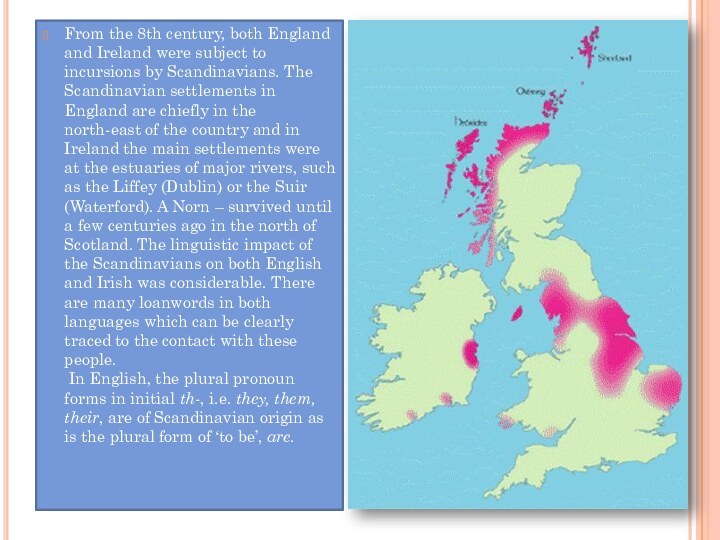
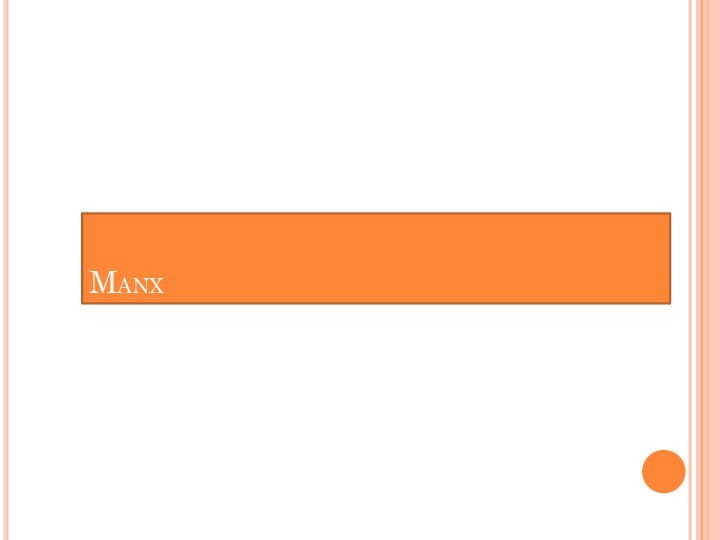
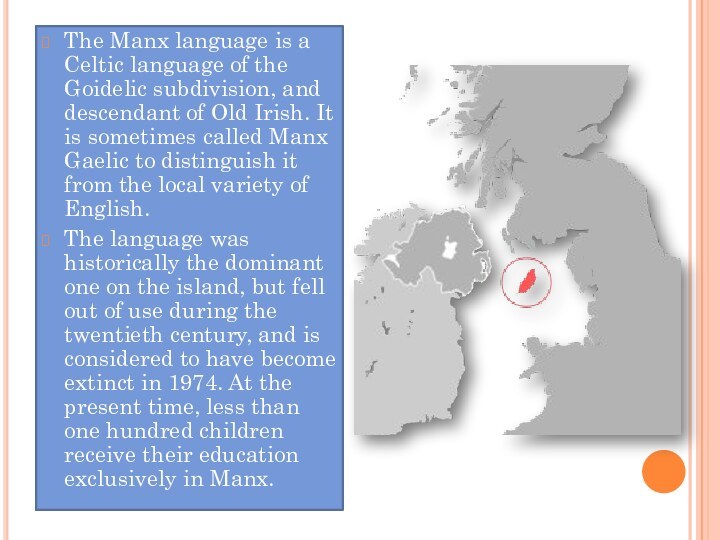
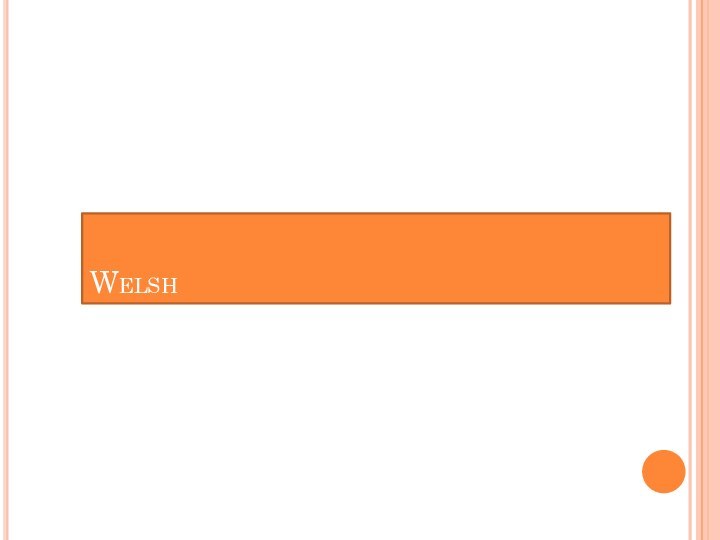
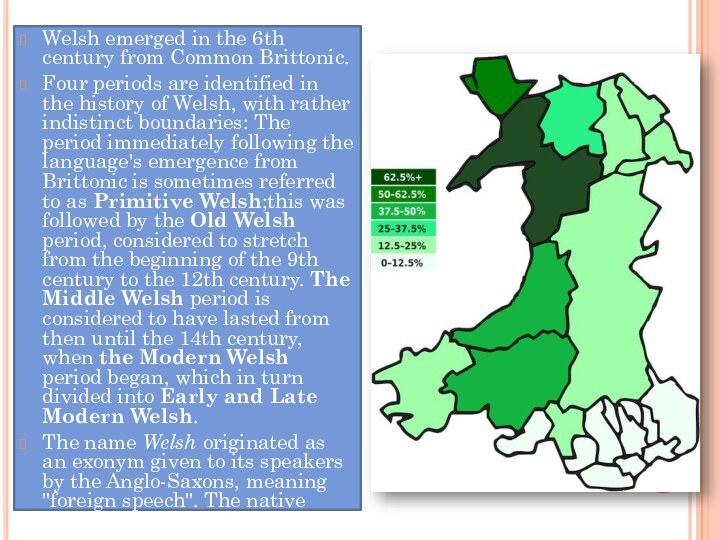
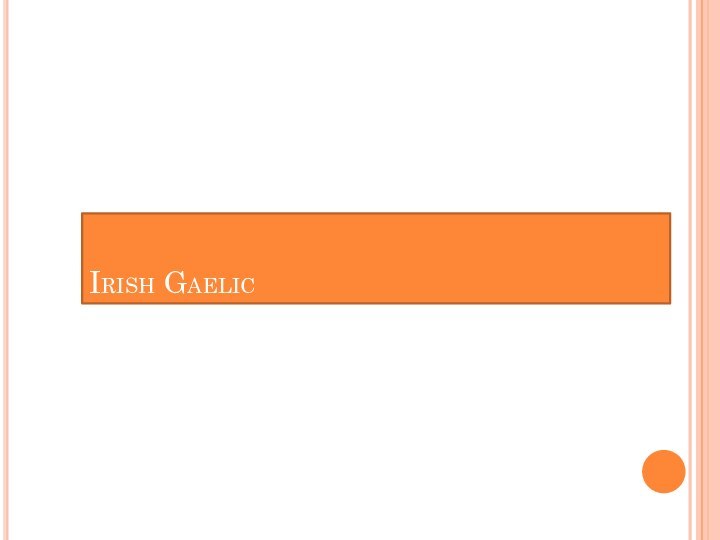
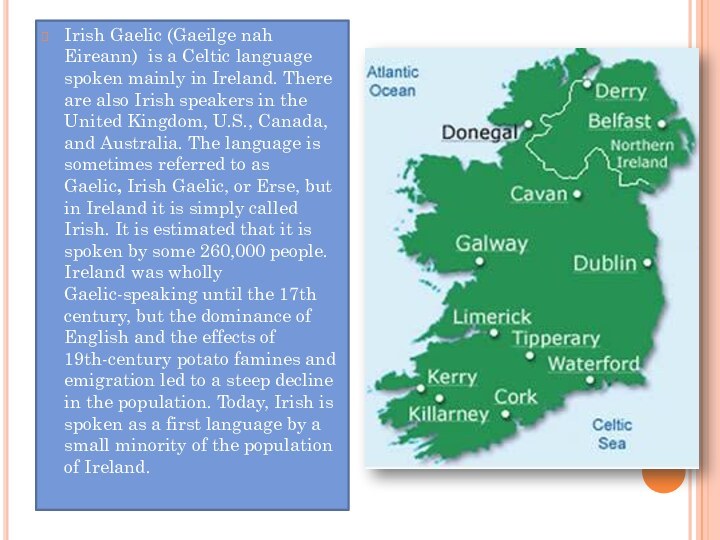
Слайд 5 From the 8th century, both England and Ireland
were subject to incursions by Scandinavians. The Scandinavian settlements
in England are chiefly in the north-east of the country and in Ireland the main settlements were at the estuaries of major rivers, such as the Liffey (Dublin) or the Suir (Waterford). A Norn – survived until a few centuries ago in the north of Scotland. The linguistic impact of the Scandinavians on both English and Irish was considerable. There are many loanwords in both languages which can be clearly traced to the contact with these people. In English, the plural pronoun forms in initial th-, i.e. they, them, their, are of Scandinavian origin as is the plural form of ‘to be’, are.Слайд 7 The Manx language is a Celtic language of
the Goidelic subdivision, and descendant of Old Irish. It
is sometimes called Manx Gaelic to distinguish it from the local variety of English.The language was historically the dominant one on the island, but fell out of use during the twentieth century, and is considered to have become extinct in 1974. At the present time, less than one hundred children receive their education exclusively in Manx.
Слайд 9 Welsh emerged in the 6th century from Common
Brittonic.
Four periods are identified in the history of Welsh,
with rather indistinct boundaries: The period immediately following the language's emergence from Brittonic is sometimes referred to as Primitive Welsh;this was followed by the Old Welsh period, considered to stretch from the beginning of the 9th century to the 12th century. The Middle Welsh period is considered to have lasted from then until the 14th century, when the Modern Welsh period began, which in turn divided into Early and Late Modern Welsh.The name Welsh originated as an exonym given to its speakers by the Anglo-Saxons, meaning "foreign speech". The native term for the language is Cymraeg and Cymru for "Wales".
